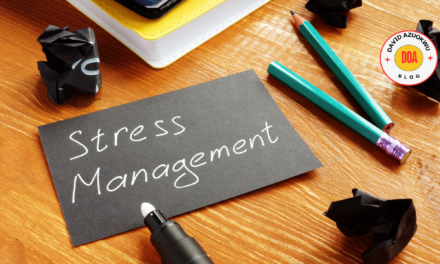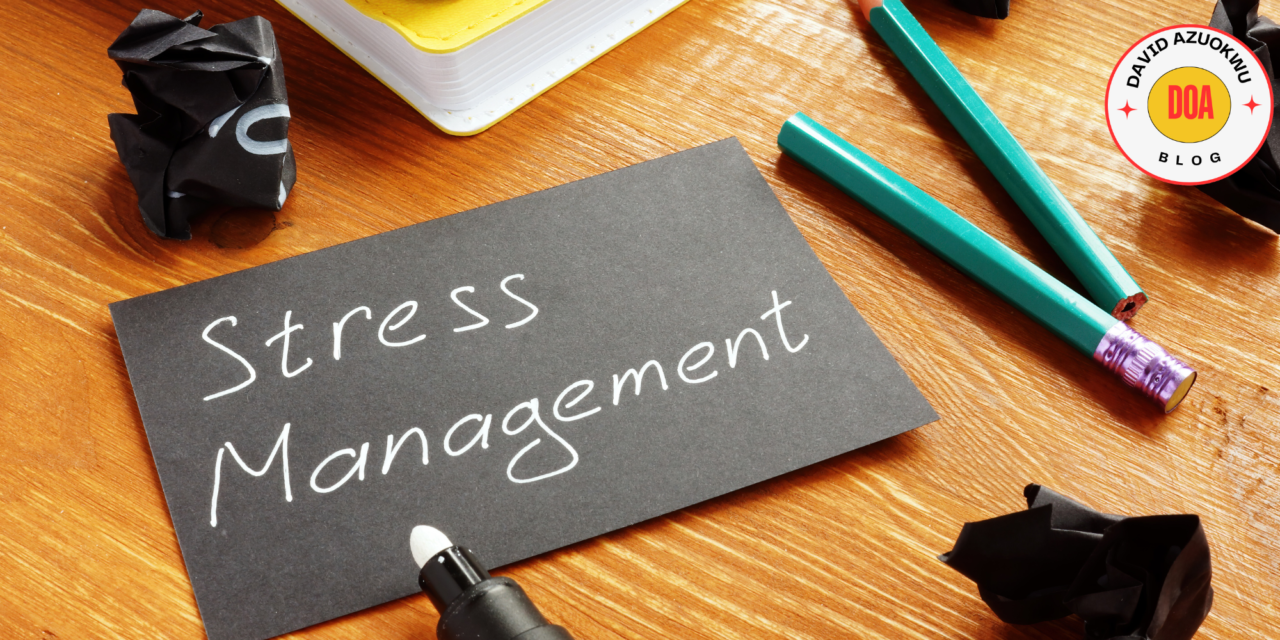Managing stress can be challenging, but with the right tools, it can become a manageable part of your life. Stress affects everyone, and it’s important to find ways to cope that work best for you. Here’s a comprehensive guide on how to manage stress, filled with practical tips and strategies to help you feel more in control and at ease.
Understanding Stress
Stress is your body’s reaction to any change that requires an adjustment or response. Your body reacts to these changes with physical, mental, and emotional responses. While some stress can be beneficial, helping you to perform under pressure and motivating you to do your best, too much stress can lead to health problems.
Types of Stress
- Acute Stress: This is short-term stress that goes away quickly. It helps you manage dangerous situations and can also occur when doing something new or exciting.
- Chronic Stress: This is stress that lasts for a longer period. You might experience chronic stress if you have money problems, an unhappy marriage, or trouble at work.
Recognizing the Signs of Stress
Before you can manage stress, you need to recognize its signs. Common symptoms include:
- Headaches
- Muscle tension or pain
- Chest pain
- Fatigue
- Change in sex drive
- Stomach upset
- Sleep problems
Emotionally, stress can lead to anxiety, restlessness, lack of motivation or focus, feeling overwhelmed, irritability or anger, and sadness or depression.
Effective Stress Management Techniques
1. Exercise Regularly
Exercise is one of the most effective ways to combat stress. It helps lower your body’s stress hormones, like cortisol and releases endorphins, which improve your mood. Aim for at least 30 minutes of moderate exercise, like walking, jogging, or yoga, most days of the week.
2. Practice Mindfulness and Meditation
Mindfulness involves staying present and fully engaging with the current moment. Meditation can help reduce stress and anxiety by promoting a sense of calm and relaxation. Even just a few minutes of meditation each day can make a significant difference.
3. Establish a Healthy Sleep Routine
Lack of sleep can significantly increase stress levels. Establish a regular sleep schedule by going to bed and waking up at the same time every day, even on weekends. Create a relaxing bedtime routine and make your sleep environment comfortable.
4. Eat a Balanced Diet
Eating a diet rich in fruits, vegetables, lean proteins, and whole grains can improve your overall health and reduce stress. Avoid excessive caffeine and sugar, which can increase stress and anxiety.
5. Stay Connected with Loved Ones
Talking to friends and family can provide emotional support and help you feel more connected. Sometimes, just sharing what’s on your mind can make a big difference.
6. Set Realistic Goals and Priorities
Break down large tasks into smaller, manageable steps. Set realistic goals and prioritize what’s most important. This can help you avoid feeling overwhelmed and reduce stress.
7. Take Breaks and Practice Relaxation Techniques
Regular breaks throughout the day can help you recharge and maintain focus. Try relaxation techniques like deep breathing exercises, progressive muscle relaxation, or listening to calming music.
8. Seek Professional Help
If your stress feels overwhelming, don’t hesitate to seek professional help. A mental health professional can provide guidance and support tailored to your needs.
Implementing Stress Management in Daily Life
Managing stress is an ongoing process. Incorporate these techniques into your daily routine to maintain a healthy and balanced lifestyle.
Create a Daily Routine
Having a structured daily routine can provide a sense of normalcy and control. Plan your day with time for work, relaxation, exercise, and social activities.
Stay Organized
Keep your living and working spaces organized. Clutter can increase stress, so maintaining an orderly environment can help you feel more in control.
Practice Gratitude
Take a few moments each day to reflect on the things you’re grateful for. Practising gratitude can shift your focus from stressors to positive aspects of your life.
Engage in Hobbies
Make time for activities you enjoy. Hobbies can provide a break from daily stressors and give you something to look forward to.
The Role of Technology in Stress Management
Technology can be both a source of stress and a tool for managing it. Here are some ways to use technology positively:
Use Apps for Stress Relief
Many apps are designed to help manage stress. Meditation apps, fitness trackers, and mood journals can provide support and track your progress.
Limit Screen Time
Excessive screen time can contribute to stress and anxiety. Set limits on your screen time, especially before bed, to promote better sleep and relaxation.
Connect Virtually
Use technology to stay connected with friends and family, especially if you can’t see them in person. Virtual meetups, social media, and video calls can help maintain your social support network.
Conclusion
Managing stress is essential for maintaining both physical and mental health. By incorporating these strategies into your daily life, you can reduce stress and improve your overall well-being. Remember, it’s about finding what works best for you and being consistent. Take small steps, and gradually, you’ll notice a significant improvement in how you handle stress. Stay proactive, take care of yourself, and seek help when needed. You’ve got this!






